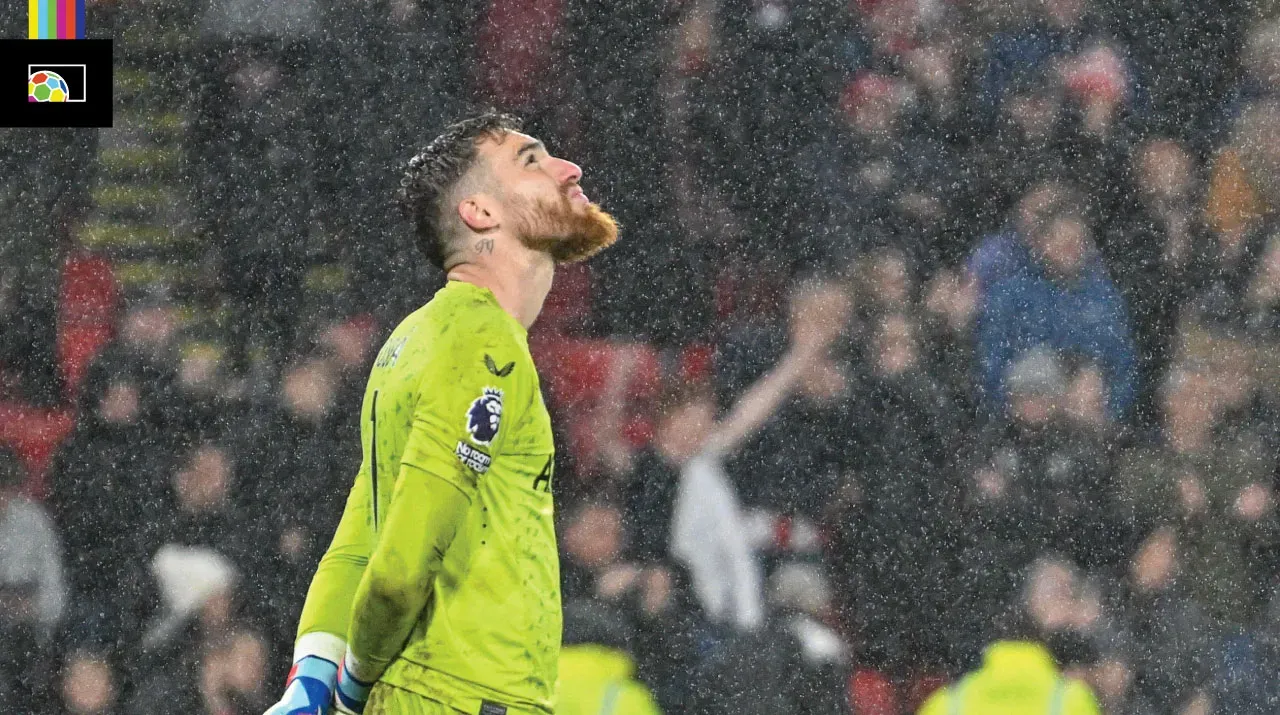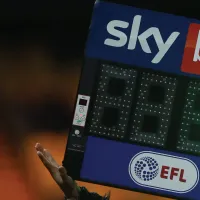A soccer match under clear skies. There’s nothing quite like it. However, Mother Nature doesn’t always cooperate. Quite frequently the proceedings on the pitch can get wet. But will rain stop a soccer game? The answer is, well, maybe.
Rain, rain, go away, let the soccer game be played
Rain itself will not necessarily put a halt to a match.
Thousands of soccer games over the years have been played in everything from a light drizzle to a torrential downpour. It all comes down to how well a given field can drain water, and if the condition of the pitch is deemed safe to play.
A bad few days of storms beforehand can force the delay or postponement of a match. Rainclouds opening up during a match can force the game to be suspended, or even abandoned if conditions become dangerous.
But most times, the game goes on. Kits get muddy, tackles are sloppy, and in venues without covered seating, the fans get wet. But as long as nobody gets hurt, these moist matches can be a fun time (perhaps as long as you have a plastic bag for your expensive phone).

A slippery wet ball and pitch are not exactly ideal conditions for goalkeepers
While precipitation itself will not necessarily halt a match, something that often comes along with it certainly will.
Any lightning in the area of a match will cause a delay or suspension of the game. If the forecast calls for an extended storm, a game could be called off entirely. Whether rain is falling or not, lightning will 100% throw a wrench in getting a game in.
There’s one surefire way to almost entirely avoid this entirely, however…
Put a lid on it
If a soccer stadium has a completely enclosed, or retractable, roof, neither rain nor lightning will stop a game.
Venues such as Atlanta’s Mercedes-Benz Stadium, or Frankfurt’s Waldstadion, can cover the entire field with their roof structures, protecting the pitch and fans from any inclement weather outside.
The only time you’d still see a match delayed in an instance like this is if conditions outside the arena are so bad that getting the teams, players, and fans to the match would be unsafe.
However, enclosed stadiums are exponentially more expensive than traditional open-air venues, so they are much less common around the world. Unlike many modern American stadiums, a lot of soccer venues around the world do have adequate covering for fan seating areas, protecting the spectators from the rain. But the field itself is usually open to the weather.
Unfortunately for American fans, most leagues play through the summer months when storms are at their worst and most frequent.
But the game will usually go on, and wet fans will be treated to some splashy soccer.
Photos: Imago















